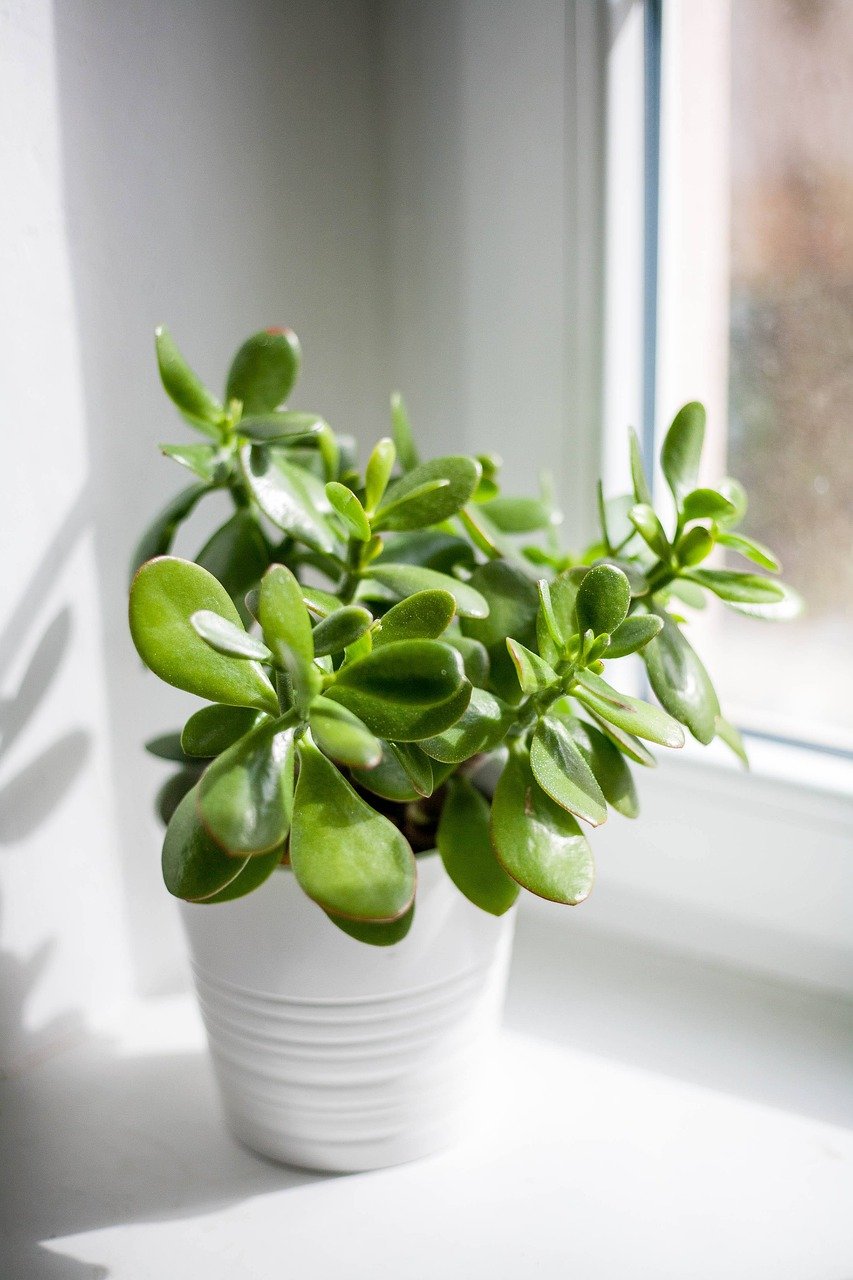Healthy indoor plants are naturally more resistant to pests and diseases. By providing the best possible care, you can minimize pest problems and keep your plants vibrant and thriving. Here are essential practices to ensure your indoor plants stay healthy and pest-free.
1. Grow Plants in the Best Possible Conditions:
The foundation of a healthy plant is a suitable environment. Ensure your plants receive the right amount of light, humidity, and temperature. Most indoor plants thrive in bright, indirect light and moderate humidity levels. Adjust the environment based on your plant’s specific needs to prevent stress, which can make plants more vulnerable to pests.
2. Water Plants Properly:
Proper watering is crucial for plant health. Overwatering can lead to root rot, while underwatering can cause dehydration, both of which weaken the plant and make it more susceptible to pests. Water your plants when the top inch of soil feels dry, and always use pots with drainage holes to prevent water from accumulating at the roots.
3. Understand Your Plant’s Nutritional Needs:
Indoor plants require a balanced diet of nutrients to grow strong and resist pests. Regularly fertilize your plants with a water-soluble, balanced fertilizer, especially during the growing season. However, avoid over-fertilizing, as excess nutrients can harm the plant and encourage pests.
4. Keep Plants Clean:
Dust and debris on plant leaves can attract pests and reduce the plant’s ability to photosynthesize. Regularly wipe down the leaves with a damp cloth to keep them clean. This not only enhances the plant’s appearance but also helps prevent pests from taking hold.
5. Use New, Sterile Potting Soil When Potting Plants:
When repotting your plants, always use fresh, sterile potting soil. Reusing old soil can introduce pests, diseases, or nutrient imbalances into your plant’s environment. Sterile soil ensures that your plant has a healthy start and reduces the risk of pest infestations.
By following these practices, you can cultivate a healthier, more resilient indoor garden. Healthy plants are naturally better equipped to fend off pests, leading to a more enjoyable and rewarding indoor gardening experience.

